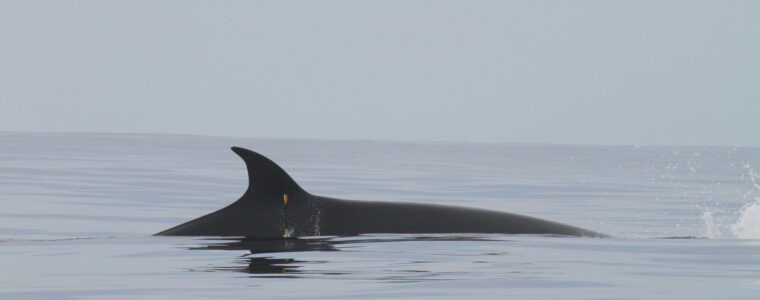We invite you to join our series of discussions on the applications of Hierarchical Generalized Additive Models (HGAMs) in ecology. These discussions are part of a broader initiative led by BIOS2’s HGAMs working group, aimed at promoting the understanding and application of these models.
We welcome anyone interested in GAMs, computational ecology, or eager to learn more about HGAMs to participate in the following sessions:
- Temporal Ecology with HGAMs
When: March 7, 2025 at 1:30 PM (EST)
Registration: https://us02web.zoom.us/meeting/register/eocqFUC7QZG9HqydWb2Lsw#/registration - Spatial Ecology with HGAMs
When: March 14, 2025 at 1:30 PM (EST)
Registration: https://us02web.zoom.us/meeting/register/BAdUd6hKSDmzG_w4hgbgrQ#/registration - Behavioural Ecology with HGAMs
When: March 24, 2025 at 1:30 PM (EST)
Registration: https://us02web.zoom.us/meeting/register/taVdATjWRw2uhzYTry2bHA#/registration
Each discussion will focus on the outstanding ecological questions that we could answer with HGAMs, highlighting a wide array of potential applications for specific types of ecological and evolutionary data. Join us in thinking about how we could use HGAMs to push ecological research forward!





